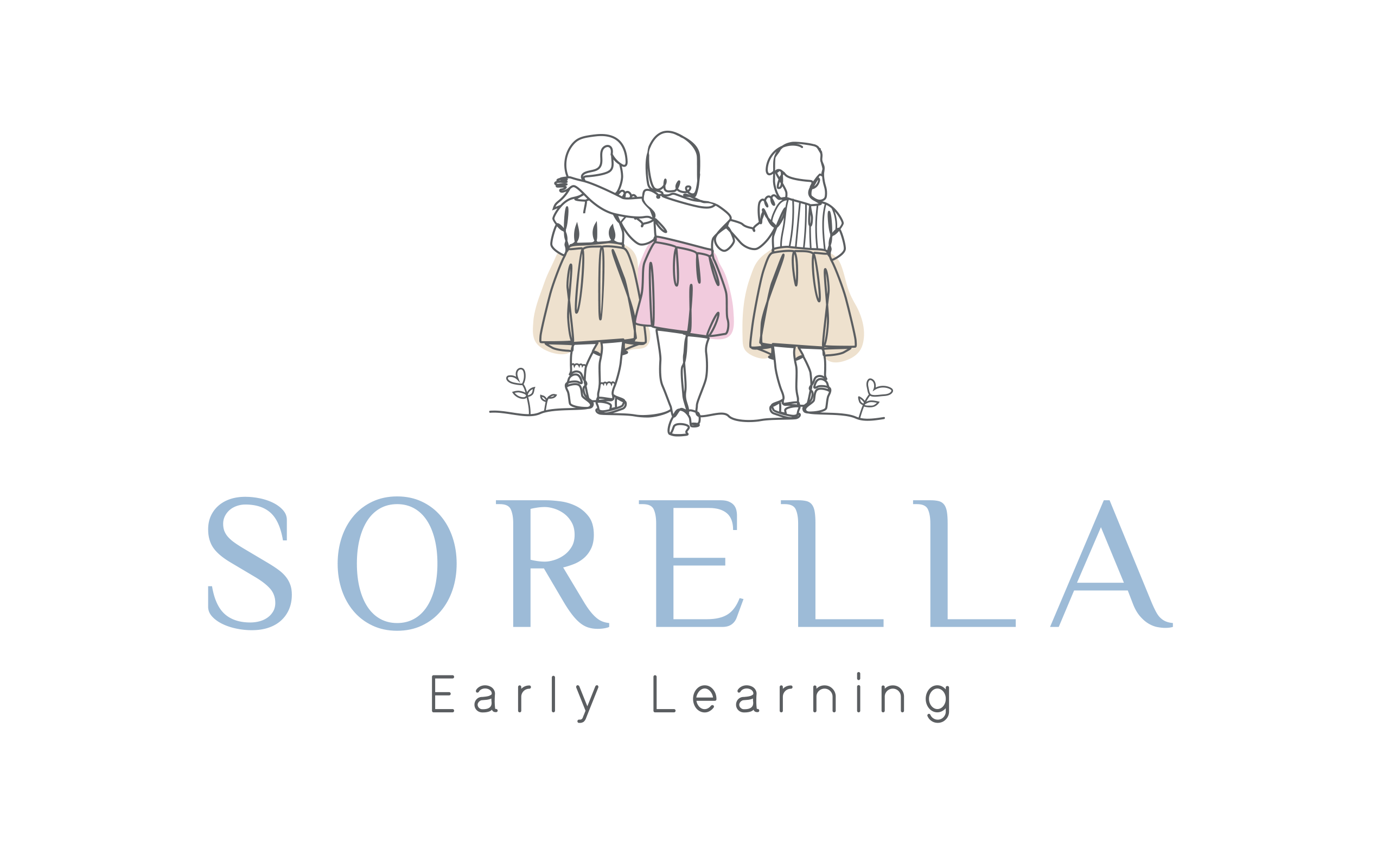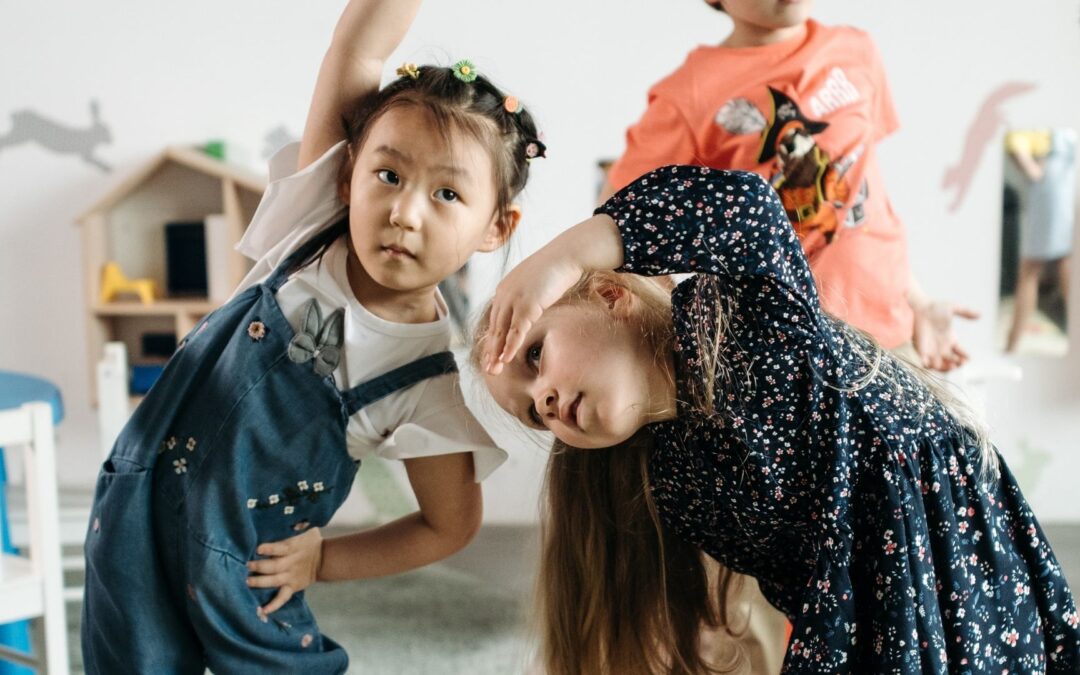Music is a powerful tool that plays a vital role in a child’s development, influencing various aspects of their growth. We recognise the significance of music in early childhood education and its positive effects on young learners. Here are some key ways music impacts child development:
1. Cognitive Development
Engaging with music enhances cognitive skills, including memory, attention, and problem-solving. Learning songs and rhythms helps children improve their listening skills and boosts their ability to concentrate on tasks.
2. Language Skills
Music supports language development by exposing children to new vocabulary, sounds, and rhythms. Singing songs and participating in musical activities can enhance phonemic awareness, which is crucial for reading readiness.
3. Emotional Expression
Music provides an outlet for emotional expression. Through singing, dancing, and playing instruments, children can express their feelings and connect with their emotions, fostering emotional intelligence and resilience.
4. Social Skills
Participating in music activities encourages social interaction. Whether it’s group singing, playing in a band, or dancing together, children learn to cooperate, share, and communicate effectively with peers, building strong social bonds.
5. Motor Skills Development
Music often involves movement, which helps develop fine and gross motor skills. Activities like clapping, dancing, and playing instruments promote coordination and physical development, enhancing overall motor skills.
6. Cultural Awareness
Exposing children to diverse musical genres and styles fosters an appreciation for different cultures. This exposure can promote understanding and respect for diversity, enriching their worldview.
7. Creativity and Imagination
Music encourages creativity and imaginative thinking. Composing songs, improvising rhythms, or creating dance movements allows children to explore their creativity and express themselves in unique ways.
8. Routine and Structure
Incorporating music into daily routines, such as transition songs or calming music during quiet time, provides structure and predictability. This can help children feel more secure and understand the flow of activities throughout the day.
9. Stress Relief and Relaxation
Listening to and participating in music can reduce stress and anxiety in children. It provides a soothing environment and helps them relax, promoting overall mental wellbeing.
10. Lifelong Skills
The skills learned through music—such as discipline, patience, and teamwork—are valuable throughout life. Engaging with music teaches children the importance of practice and perseverance, qualities that contribute to success in various areas.
Conclusion
The impact of music on child development is profound, shaping cognitive, emotional, social, and physical growth. We prioritise music as an integral part of our curriculum, recognising its importance in nurturing well-rounded, confident, and creative children. Let’s embrace the power of music and encourage our children to explore, learn, and grow through this wonderful medium!

